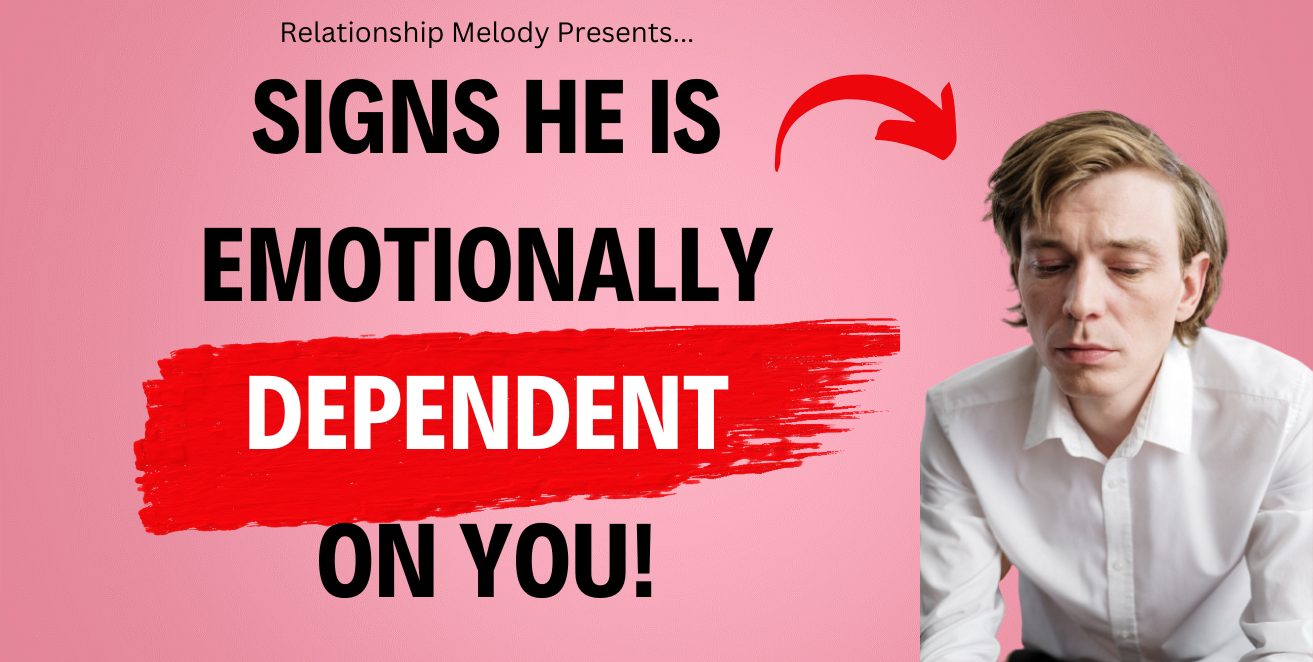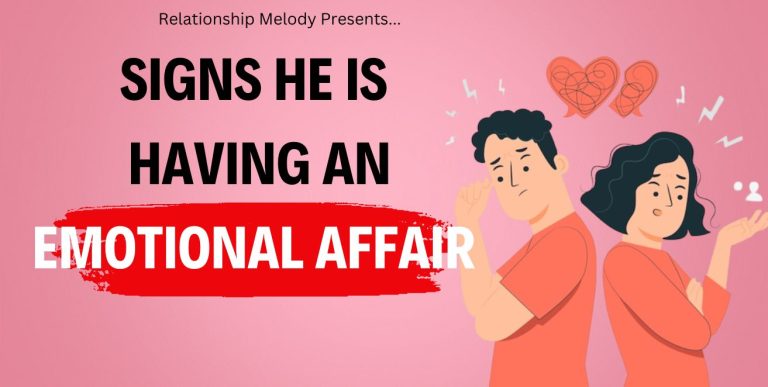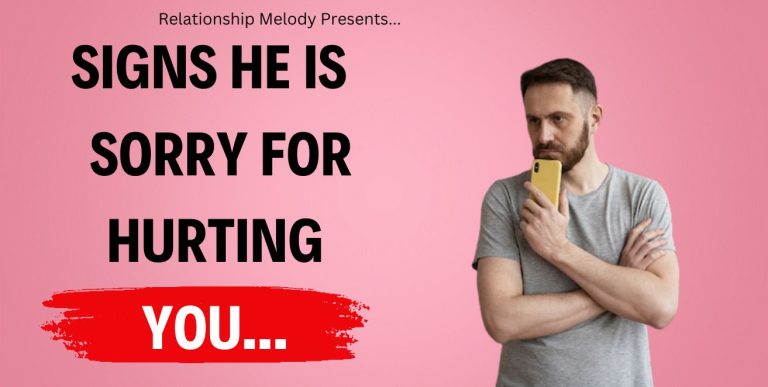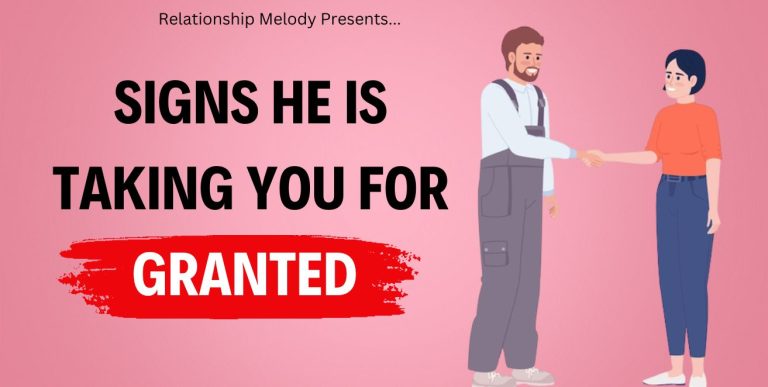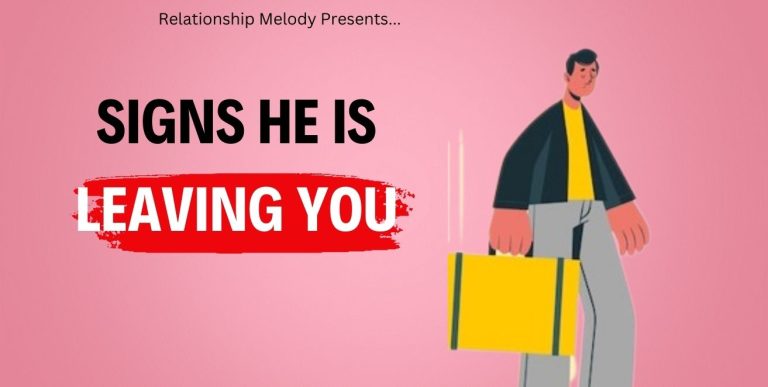25 Signs He Is Emotionally Dependent on You
Emotional dependency in a relationship can create an imbalance and place a heavy burden on one partner.
While emotional support is an essential part of a healthy relationship, excessive emotional dependence can lead to issues like codependency and hinder personal growth.
Recognizing the signs of emotional dependency is crucial for maintaining a healthy and balanced partnership. In this blog post, we will explore 25 signs that indicate your partner may be emotionally dependent on you.
By understanding these signs, you can navigate your relationship with clarity and make informed decisions about your emotional well-being.
25 Signs He Is Emotionally Dependent on You
These are the 25 signs.
Sign #1: He Relies on You for Emotional Stability
An emotionally dependent partner often relies heavily on you for emotional stability and struggles to regulate their own emotions.
They may lean on you to manage their feelings and find it challenging to cope independently.
Sign #2: Constant Need for Reassurance
Emotionally dependent individuals often seek constant reassurance from you to feel secure in the relationship. They may constantly seek validation and approval, doubting their own worthiness of love and attention.
Sign #3: Lack of Personal Identity
When your partner lacks a strong sense of personal identity outside of the relationship, it may indicate emotional dependency.
They may define themselves primarily through their connection with you, neglecting their own interests and aspirations.
Sign #4: Inability to Make Decisions Independently
An emotionally dependent partner may struggle to make decisions independently, relying on you for guidance and validation.
They may fear making the wrong choices and feel more comfortable deferring to your judgment.
Sign #5: Constant Need for Attention
If your partner constantly seeks your attention and becomes distressed when they are not the center of your focus, it may be a sign of emotional dependency.
They may require constant interaction and struggle with being alone.
Sign #6: Fear of Abandonment
Emotionally dependent individuals often have an intense fear of being abandoned. They may worry excessively about losing you and seek constant reassurance of your commitment to the relationship.
Sign #7: Difficulty Being Alone
An emotionally dependent partner may struggle to be alone, feeling anxious or uncomfortable when not in your presence.
They may rely on your company for emotional security and have difficulty finding contentment on their own.
Sign #8: Lack of Personal Boundaries
When a partner lacks personal boundaries and consistently merges their identity with yours, it can indicate emotional dependency.
They may have difficulty maintaining a sense of self and depend on you for their emotional well-being.
Sign #9: Inability to Handle Criticism
Emotionally dependent individuals may struggle to handle criticism or feedback. They may take any critique personally, fearing that it threatens the relationship and their emotional connection with you.
Sign #10: Avoidance of Conflict
If your partner consistently avoids or suppresses conflict, it may be a sign of emotional dependency.
They may fear that disagreements or conflicts could lead to a loss of your emotional support, prioritizing harmony over open communication.
Sign #11: Constant Need for Emotional Support
An emotionally dependent partner relies heavily on you for emotional support and validation. They may struggle to regulate their own emotions and depend on you to navigate their emotional well-being.
Sign #12: Excessive Accommodation of Your Needs
When your partner excessively accommodates your needs and neglects their own, it can indicate emotional dependency. They may prioritize your happiness above their own, sacrificing their own well-being in the process.
Sign #13: Lack of Personal Goals or Ambitions
Emotionally dependent individuals often lack personal goals or ambitions. They may struggle to identify their own desires and aspirations, adopting yours as their own to maintain emotional closeness.
Sign #14: Reliance on Your Social Circle
If your partner heavily relies on your social circle for social interaction and support, it may indicate emotional dependency. They may struggle to establish independent relationships outside of the relationship.
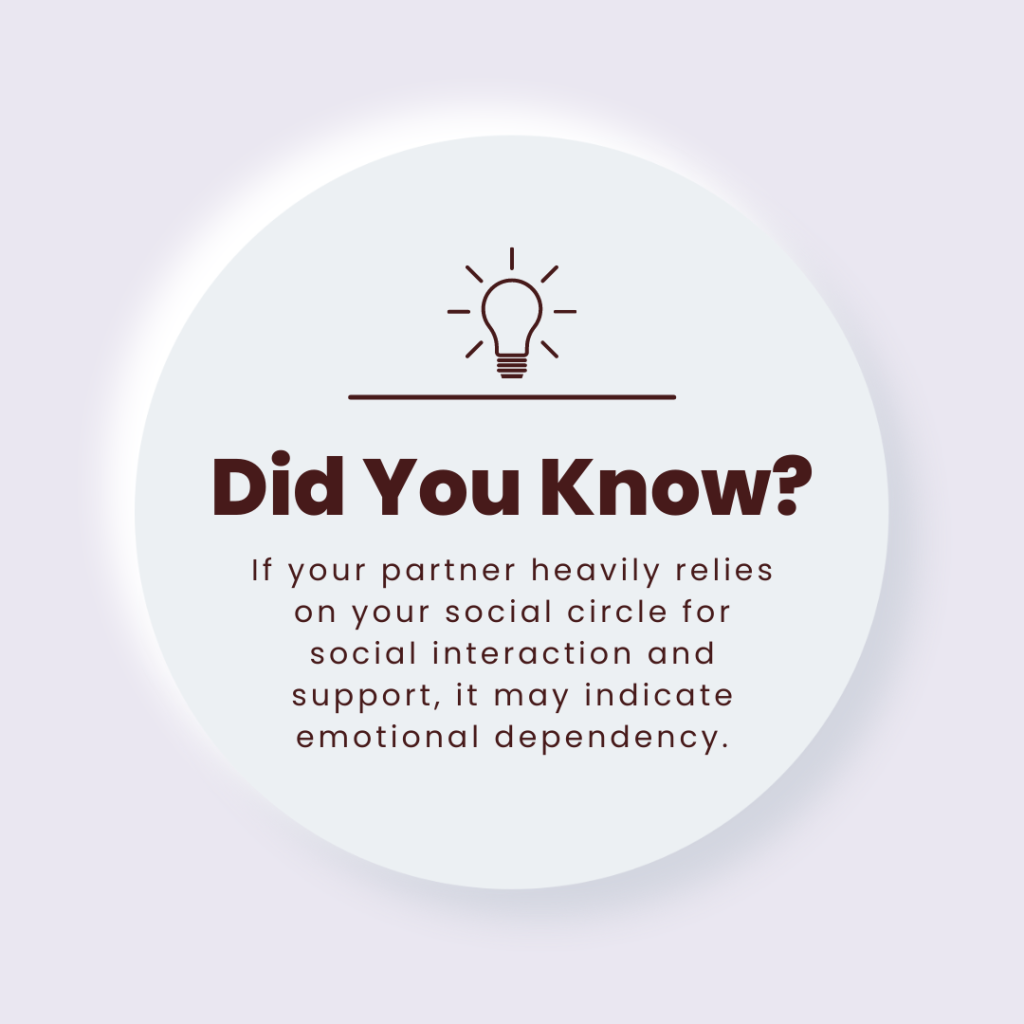
Sign #15: Difficulty Expressing Disagreement
An emotionally dependent partner may have difficulty expressing disagreement or asserting their own opinions.
They may fear that differing viewpoints could jeopardize the emotional connection and prioritize maintaining harmony over expressing their true thoughts.
Sign #16: Constant Need for Reassurance of Love
If your partner constantly seeks reassurance of your love and commitment, it can be a sign of emotional dependency.
They may doubt their worthiness of love and constantly seek validation to alleviate their fears of rejection or abandonment.
Sign #17: Lack of Emotional Self-Regulation
Emotionally dependent individuals may struggle with emotional self-regulation. They may have difficulty managing their own emotions and rely on you to stabilize their emotional state.
Sign #18: Excessive Self-Sacrifice
When a partner consistently sacrifices their own needs and desires for the sake of the relationship, it may indicate emotional dependency.
They may prioritize your happiness over their own, neglecting their own well-being.
Sign #19: Over-Reliance on Your Advice
An emotionally dependent partner may heavily rely on your advice and guidance for decision-making. They may struggle to trust their own judgment and constantly seek external validation and direction.
Sign #20: Difficulty Establishing Healthy Boundaries with Others
If your partner has difficulty establishing healthy boundaries with others, it can indicate emotional dependency. They may struggle to assert themselves or prioritize their own needs over others.
Sign #21: Constant Need for Reassurance of Attractiveness
Emotionally dependent individuals may constantly seek the reassurance of their physical attractiveness. They may rely on your validation and compliments to feel secure and maintain a positive self-image.
Sign #22: Reluctance to Engage in Independent Activities
A partner who is emotionally dependent may be reluctant to engage in activities or pursue interests outside of the relationship.
They may fear that independent endeavors could threaten the emotional connection and prioritize spending all their time with you.
Sign #23: Inability to Cope with Separation
If your partner struggles to cope with even temporary separation, experiencing intense distress or anxiety when you are apart, it may indicate emotional dependency.
They may rely heavily on your presence for emotional stability.
Sign #24: Emotional Intensity
Emotionally dependent individuals often exhibit emotional intensity, with extreme highs and lows in their emotional state.
They may rely on intense emotions to feel connected to you and struggle with emotional stability in your absence.
Sign #25: Reluctance to Seek Personal Growth
An emotionally dependent partner may be reluctant to seek personal growth or make changes in their life.
They may fear that personal development could lead to a loss of the emotional connection and cling to familiar patterns.
More like this: Signs he is emotionally disconnected
Conclusion
Recognizing the signs of emotional dependency is crucial for maintaining a healthy and balanced relationship.
If you identify these signs in your partner, it is essential to have open and honest communication about the dynamics of your relationship.
Encouraging personal growth, setting healthy boundaries, and seeking professional help if needed can support both partners in fostering independence and creating a more mutually fulfilling partnership.
Remember, a healthy relationship thrives on both emotional support and individual growth.
Liked Our Article? Feel Free To Support Us
Our Patreon Page: https://www.patreon.com/RelationshipMelody
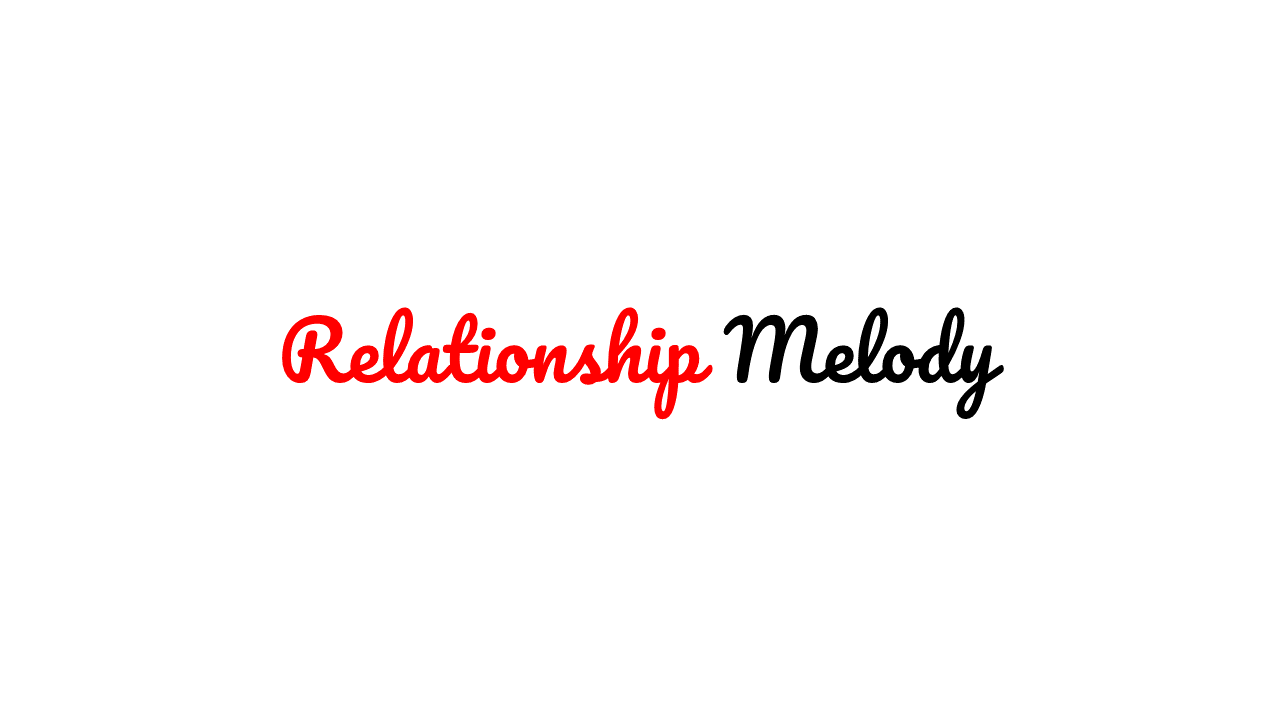
Welcome to Relationship Melody! Our website is dedicated to all things on relationships, dating, and love! We are passionate about helping you navigate the ups and downs of love, and our goal is to provide you with valuable insights and information that will make your journey toward a fulfilling relationship smoother and more enjoyable.

